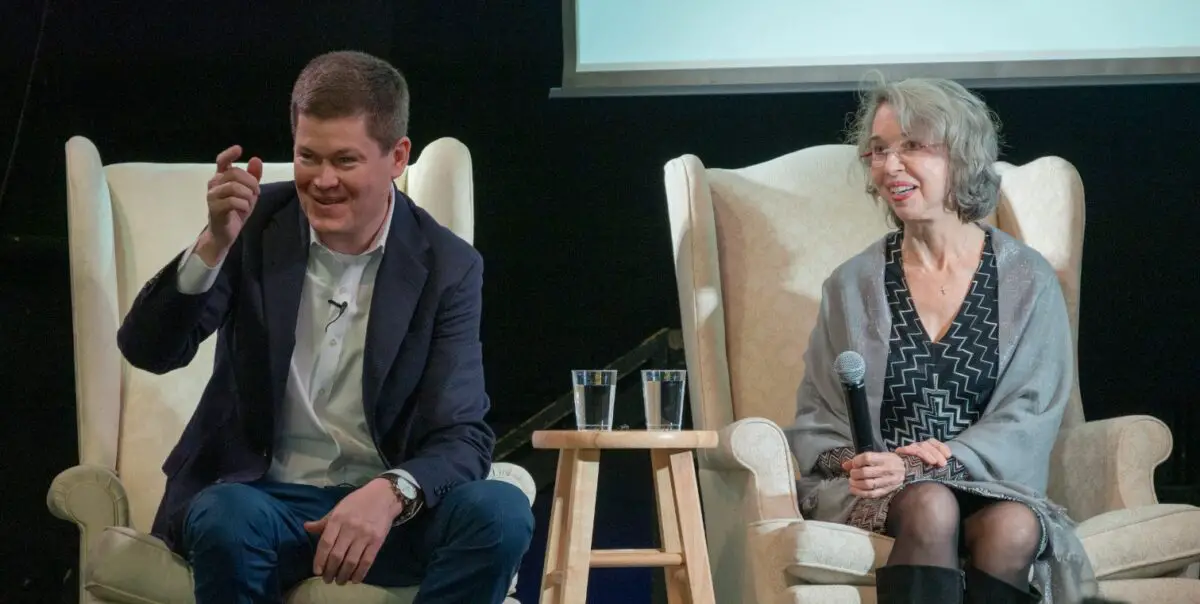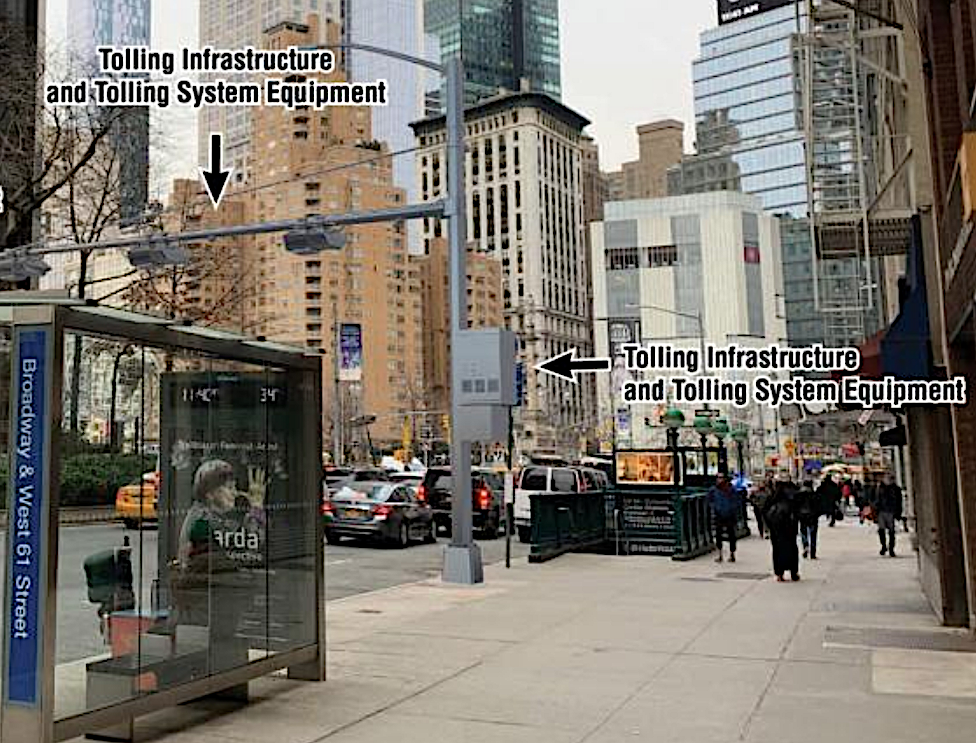
The Fairfield County Chapter of the Association of Fundraising Professionals marked National Philanthropy Day on Nov. 15 with a breakfast by Harborview at Bridgeport’s Park City Music Hall that featured a fireside discussion between Andrew Ferguson and Barbara Dalio, the co-CEOs of Dalio Education.
According to Dalio, nonprofits and philanthropies can be at their most useful by providing school districts with partners that can work outside of governmental support structures.
“Working together is very important,” Dalio explained, praising the audience of fellow philanthropists attending the event. “And I think all of you are doing that.”
Dalio emphasized the importance of structuring funding as recurring or five-year gifts.
“Usually, the philanthropy or the state gives funding for the specific program, and the organizations never have enough resources to really build the organization itself,” she continued. “And how can they? It’s important to invest not in the programs but in the organizations, because they’re really the ones who have to be empowered.”
Dalio pointed to data and research as among the most valuable support which donors can furnish. Organizations can gain insight from it both for their day-to-day operations and grant applications.
Ferguson expanded on Dalio’s point, noting that philanthropies can further their support by staffing their boards and offices with people devoted to the cause of the organizations, and giving them the resources to do their work.
“People are part of the secret sauce, but conditions matter as well,” he said. “Because if you have the people, you must believe in them and give them the chance. Folks who have money have power, and if you’re in philanthropy – whether you’re giving or raising – you have the power to cede that to the people you believe in. Part of the social investment mindset is to see that others have a chance of seeing their mission through and helping the young people they serve. You have to expand the amount of time they have to do that work.”
Ferguson cautioned against restrictive grants that might require recipients to invest more than the amount of the grant in order to earn it. He urged consideration of the sector’s future by looking beyond publicly listed figures and established foundations with staff and websites.
“I think reports are actually undercounting how much money is there,” Ferguson said of funds in private hands. “A lot of money that is in the middle of or about to transition between generations of wealthy families. A lot of that money is in Connecticut.”
“Who are those thousand households in this state with a net worth of 50 million or more?” he added. “That’s the challenge: How to identify them, how to connect with them, and how to build a relationship with them. That group, by every metric is growing rapidly and by a trend line is going to continue. I think that five, 10, 20 years from now that group is going to have so much more influence and impact on organizations in Connecticut than the last 20 years of established foundations.”




















